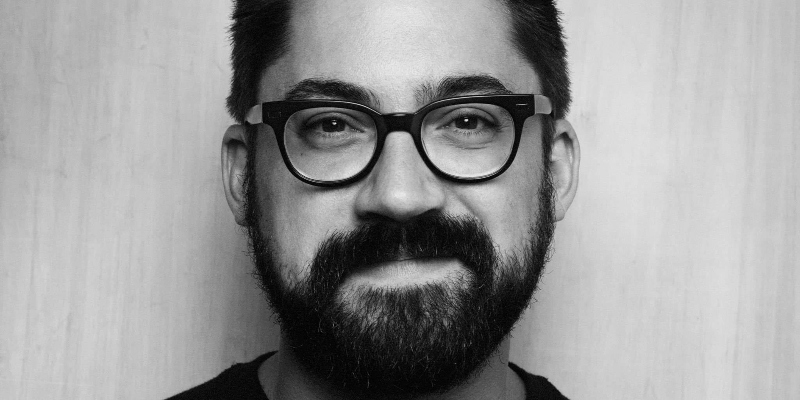Austin Kleon on the Gift of Obscurity

Austin Kleon is the guest. His trilogy of books on creativity in the digital age—Steal Like an Artist, Show Your Work!, and Keep Going—are available from Workman Publishing.
Subscribe and download the episode, wherever you get your podcasts!
From the episode:
Austin Kleon: It’s really important for people when they’re starting out to think about their verbs instead of their nouns. This is one of the things I am really, really adamant about. If you say you want to be a novelist, that’s fine, but you’ll have an idea of what a novelist does and you’ll try to do that. Whereas if you just say I want to write stories, that is more open. You might end up a screenwriter; you might end up a copywriter for an insurance company.
Whatever it is, if you just like to write and put stories together, that keeps things open in a way that a certain particular noun doesn’t. And so you stay open to things. You might end up a podcaster. You might end up a filmmaker. You might be a teacher. In my case, you end up a self-help writer, which I never anticipated. We’re writers. Words have meaning. If you get the wrong words, it encourages the wrong kind of action. So you just have to be really careful.
Brad Listi: There’s a great part of Steal Like an Artist where you’re talking about obscurity. Which most of us, even those of us who are published, might feel like we’re living in. But you make a great case for embracing obscurity and making productive use of it. I’d love to hear you talk a little bit about that, because I think the majority of us in the writing world are living in some version of it.
Austin Kleon: Well, you can just do whatever you want. I mean, people worry so much about people being angry at them or doing the wrong thing, but obscurity can be this great gift. You can experiment. It’s a kind of freedom. Now, unlimited freedom can be very paralyzing, too. Freedom is not necessarily the best thing ever for art; there’s a tension between freedom and constraint out of which great art arises. Obscurity can be a real gift if you use it correctly. It requires a real leap of imagination because you have to think about what happens when people start paying attention. Which is a problem you’re lucky to have, but it’s still a problem.
*
Austin Kleon is the New York Times bestselling author of a trilogy of books on creativity in the digital age, including Steal Like an Artist—now celebrating its 10th year in print—Show Your Work!, and Keep Going. Kleon is also the author of Newspaper Blackout, a collection of poems made by redacting the newspaper with a permanent marker. His books have been translated into dozens of languages and have sold over a million copies worldwide. He’s been featured on NPR’s Morning Edition, PBS Newshour, and in The New York Times and The Wall Street Journal. New York Magazine called his work “brilliant,” The Atlantic called him “positively one of the most interesting people on the Internet,” and The New Yorker said his poems “resurrect the newspaper when everybody else is declaring it dead.” He speaks for organizations such as Pixar, Google, SXSW, TEDx, and The Economist. In previous lives, he worked as a librarian, a web designer, and an advertising copywriter. He lives in Austin, Texas, with his wife and sons. Visit him online at www.austinkleon.com.